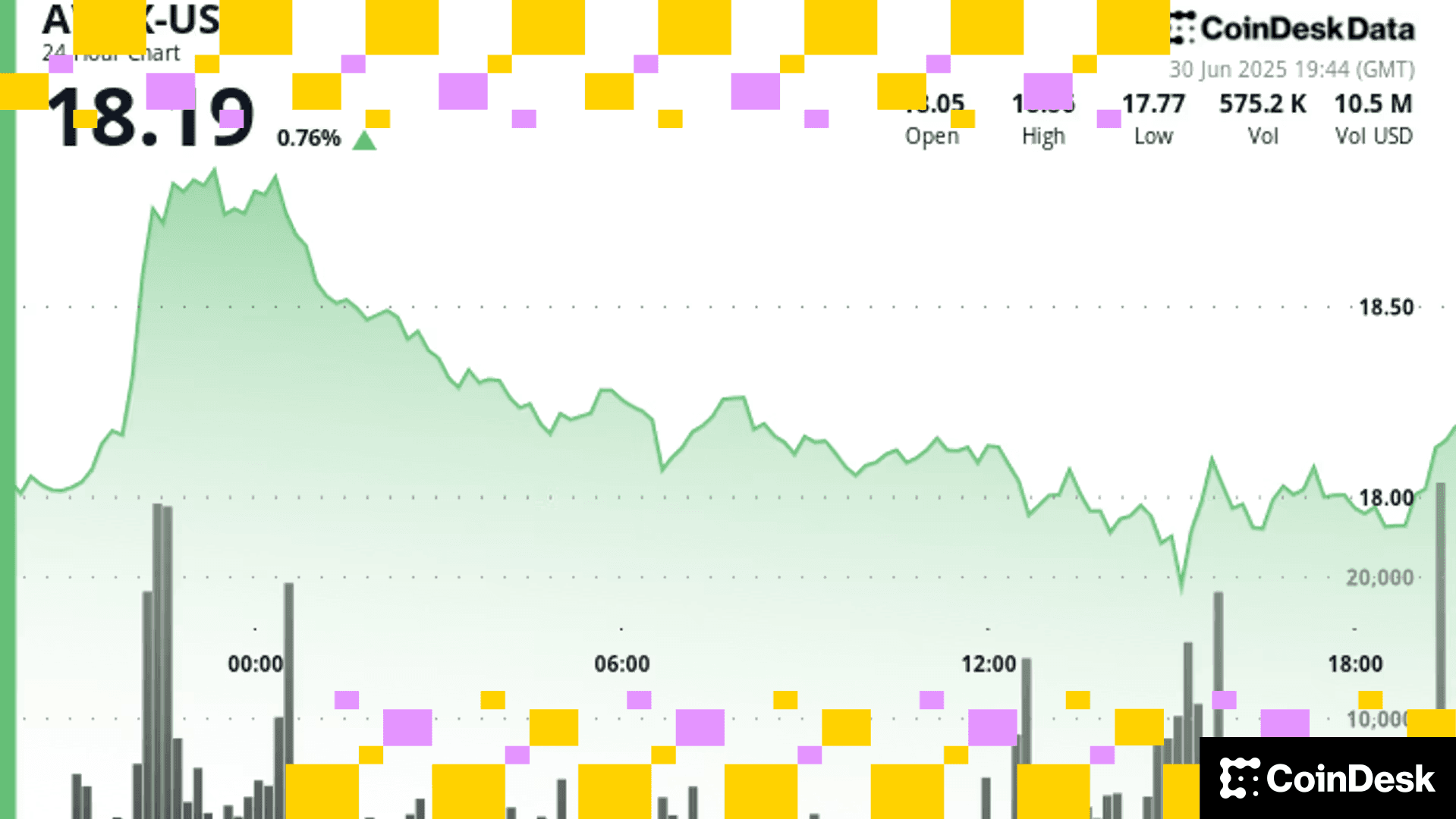DAO Legal Reforms in Spotlight as UK Law Commission Seeks Views
A consultation published today looks at issues like governance, structure, money laundering and taxes.
The U.K.’s Law Commission is looking at how Decentralized Autonomous Organizations (DAOs) should be treated under the legal system, the latest in a series of forays into digital technologies by the influential body.
A consultation published today is looking into questions such as how DAOs, the disparate platforms governed by code which often underpin projects in decentralized finance (DeFi), are structured and governed, and how they comply with obligations like taxes, money laundering and the corporate reporting.
“DAOs are said to offer multiple benefits to market participants… yet their legal and regulatory status is unclear,” said Law Commissioner Sarah Green in a statement. “Our work will aim to build consensus on the best ways of describing the constituent elements of DAOs and to highlight ways in which the law of England and Wales might foster their development.”
The probe will look into issues like the relationship between DAOs and corporations; the status of investors and token holders; the legal liability of open-source code developers; and the ways in which DAOs tackle money laundering, file annual reports and pay taxes, the commission said.
The commission, a government-funded independent body charged with reviewing and updating the legal code in England and Wales, has already probed the legal status of crypto assets in a document published in July. Treating crypto as a new kind of legal property could have implications if, say, your computer is hacked and non-fungible tokens (NFTs) stolen, Green previously told CoinDesk in an interview, and final recommendations are due next year.
A commission review of smart contracts concluded in November 2021, and its proposals on using electronic documents as receipts in international trade have already been proposed as a legislative bill.
In the U.S., courts are considering procedural questions such as how the Commodity Futures Trading Commission can serve legal documents on Ooki DAO, and whether the unconventional structures are immune from regulatory enforcement.
Read more: How Crypto Might Shake Up England’s Ancient Property Laws
More For You
Exchange Review - March 2025

CoinDesk Data's monthly Exchange Review captures the key developments within the cryptocurrency exchange market. The report includes analyses that relate to exchange volumes, crypto derivatives trading, market segmentation by fees, fiat trading, and more.
What to know:
Trading activity softened in March as market uncertainty grew amid escalating tariff tensions between the U.S. and global trading partners. Centralized exchanges recorded their lowest combined trading volume since October, declining 6.24% to $6.79tn. This marked the third consecutive monthly decline across both market segments, with spot trading volume falling 14.1% to $1.98tn and derivatives trading slipping 2.56% to $4.81tn.
- Trading Volumes Decline for Third Consecutive Month: Combined spot and derivatives trading volume on centralized exchanges fell by 6.24% to $6.79tn in March 2025, reaching the lowest level since October. Both spot and derivatives markets recorded their third consecutive monthly decline, falling 14.1% and 2.56% to $1.98tn and $4.81tn respectively.
- Institutional Crypto Trading Volume on CME Falls 23.5%: In March, total derivatives trading volume on the CME exchange fell by 23.5% to $175bn, the lowest monthly volume since October 2024. CME's market share among derivatives exchanges dropped from 4.63% to 3.64%, suggesting declining institutional interest amid current macroeconomic conditions.
- Bybit Spot Market Share Slides in March: Spot trading volume on Bybit fell by 52.1% to $81.1bn in March, coinciding with decreased trading activity following the hack of the exchange's cold wallets in February. Bybit's spot market share dropped from 7.35% to 4.10%, its lowest since July 2023.
More For You












